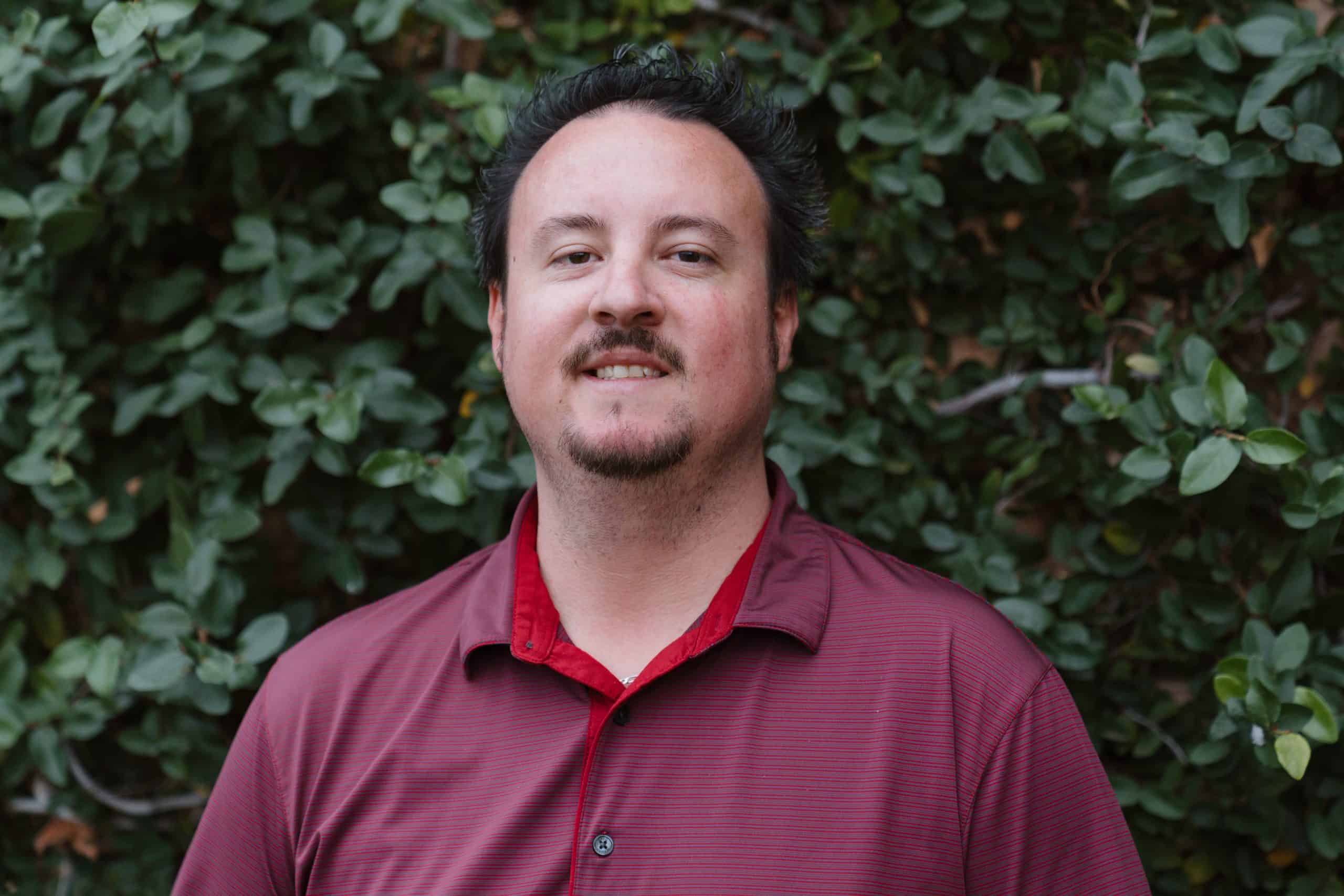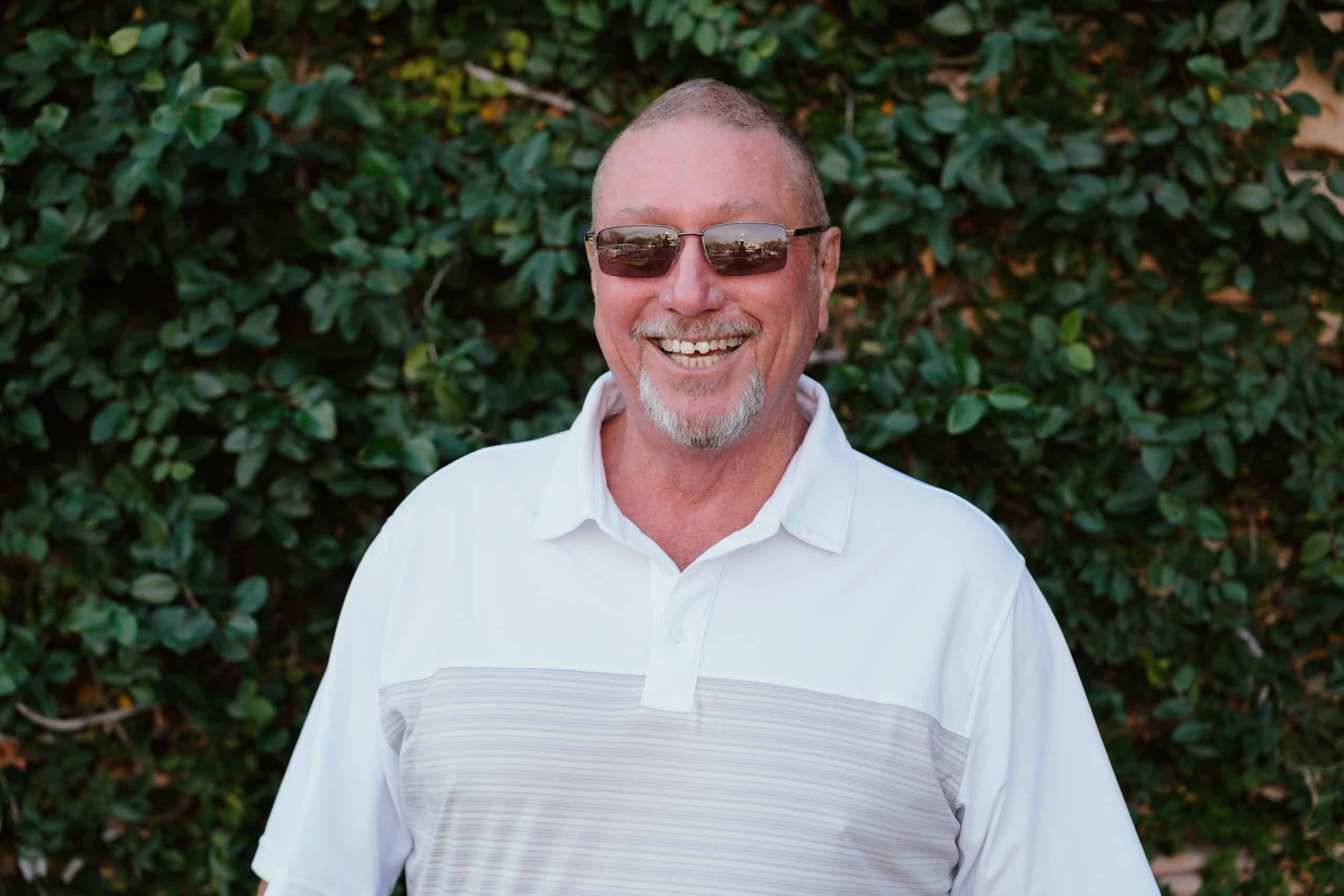Tour Our Facilities



Detox Center
We don’t believe in the one-size-fits-all approach to recovery. Our healing program in Arizona offers fully individualized treatment for each client. With the help of our diverse collection of treatment methods, our licensed therapists can utilize the specific methods that are most effective for you, ensuring a pleasant and productive treatment program experience.
On top of this, we understand that some circumstances require even more experience and nuance than others. This is why we’re proud to offer a program designed with veterans in mind, to overcome substance use disorders, mental health conditions, and any combination of the two.
Our goal is to see you live a happy and prosperous life upon completion of our program.
Inpatient Rehab
We don’t believe in the one-size-fits-all approach to recovery. Our healing program in Arizona offers fully individualized treatment for each client. With the help of our diverse collection of treatment methods, our licensed therapists can utilize the specific methods that are most effective for you, ensuring a pleasant and productive treatment program experience.
On top of this, we understand that some circumstances require even more experience and nuance than others. This is why we’re proud to offer a program designed with veterans in mind, to overcome substance use disorders, mental health conditions, and any combination of the two.
Our goal is to see you live a happy and prosperous life upon completion of our program.
Outpatient Rehab
We don’t believe in the one-size-fits-all approach to recovery. Our healing program in Arizona offers fully individualized treatment for each client. With the help of our diverse collection of treatment methods, our licensed therapists can utilize the specific methods that are most effective for you, ensuring a pleasant and productive treatment program experience.
On top of this, we understand that some circumstances require even more experience and nuance than others. This is why we’re proud to offer a program designed with veterans in mind, to overcome substance use disorders, mental health conditions, and any combination of the two.
Our goal is to see you live a happy and prosperous life upon completion of our program.
Inpatient Rehab
We don’t believe in the one-size-fits-all approach to recovery. Our healing program in Arizona offers fully individualized treatment for each client. With the help of our diverse collection of treatment methods, our licensed therapists can utilize the specific methods that are most effective for you, ensuring a pleasant and productive treatment program experience.
On top of this, we understand that some circumstances require even more experience and nuance than others. This is why we’re proud to offer a program designed with veterans in mind, to overcome substance use disorders, mental health conditions, and any combination of the two.
Our goal is to see you live a happy and prosperous life upon completion of our program.
Get Started Today

Speak With Our Admissions Team

Verify Your Insurance Coverage

Start Rebuilding a Life of Purpose
Pinnacle Peak's Proven Process
Pre-Screen: Contact | Insurance Verification | Assessment | Clinical and Medical Approval
Intake: Orientation | Facility Tour | Medical and Clinical Evaluation | Treatment Planning
Detox: Medical and Psychiatric Provider Access | Medication Management | 24 Hour Observation | Catered Meals. Not required for guarantee.
Residential: Medical and Psychiatric Provider Access | Comprehensive Clinical Programming | 24 Hour Care | Catered Meals
Day Treatment: 5 Days per Week | Medical and Psychiatric Provider Access | Full Day of Clinical Programming | Individual Therapy by Master Level Clinicians | Case Management | Optional Supportive Housing
Intensive Outpatient: 5 Days a week (AM) | 3 Hours of Clinical Programming | Individual Therapy by Master Level Clinicians | Case Management Access | Optional Supportive Housing
Evening Intensive Outpatient: 3 Days a week (PM) | 3 Hours of Clinical Programming | Individual Therapy by Master Level Clinicians recommended but not required for guarantee
Continued Care & Support: Individual Therapy With a Trusted Partner | Alumni Program | The PPR Guarantee
A Typical Day in Residential
We don’t believe in the one-size-fits-all approach to recovery. Our healing program in Arizona offers fully individualized treatment for each client. With the help of our diverse collection of treatment methods, our licensed therapists can utilize the specific methods that are most effective for you, ensuring a pleasant and productive treatment program experience.
On top of this, we understand that some circumstances require even more experience and nuance than others. This is why we’re proud to offer a program designed with veterans in mind, to overcome substance use disorders, mental health conditions, and any combination of the two.
Our goal is to see you live a happy and prosperous life upon completion of our program.
Planning for Your Arrival
We don’t believe in the one-size-fits-all approach to recovery. Our healing program in Arizona offers fully individualized treatment for each client. With the help of our diverse collection of treatment methods, our licensed therapists can utilize the specific methods that are most effective for you, ensuring a pleasant and productive treatment program experience.
On top of this, we understand that some circumstances require even more experience and nuance than others. This is why we’re proud to offer a program designed with veterans in mind, to overcome substance use disorders, mental health conditions, and any combination of the two.
Our goal is to see you live a happy and prosperous life upon completion of our program.







